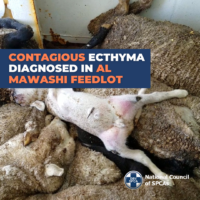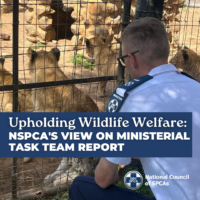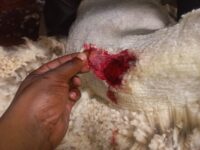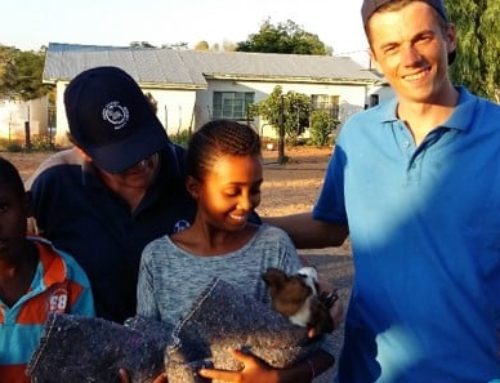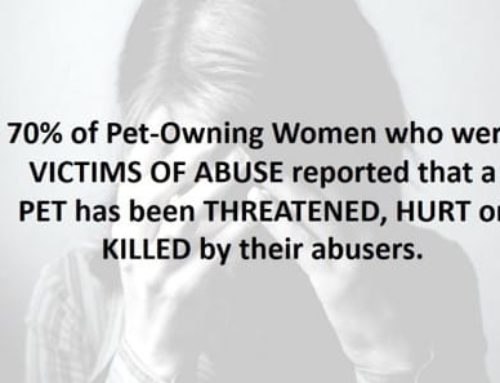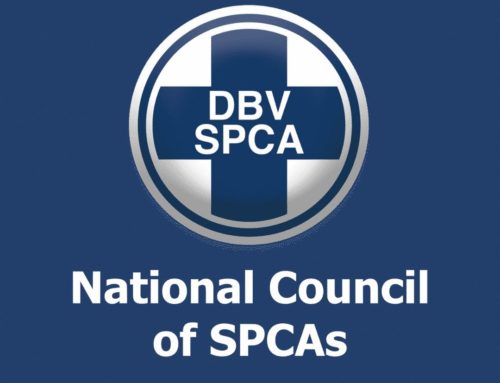The current outbreak of the H5N8 virus in South Africa has necessitated the culling of poultry.
The virus affects the respiratory and gastrointestinal tracts of affected birds, can spread rapidly and causes high mortality in infected poultry.
The National Council of SPCAs reiterates its gravest concerns regarding culling methods.
The NSPCA has raised the humane culling of the diseased birds with both Government and the South African Poultry Association (SAPA) since mid-2016. Our concerns, together with a request for a humane system to be agreed upon and tested, has fallen on deaf ears.
On 22 June 2017 the NSPCA was approached by Astral alerting us to a confirmed outbreak on one of their farms in Villiers and requested that we assist them to humanely cull their affected birds. NSPCA Inspectors and personnel from SPCAs assisted in the humane culling of approximately 22,000 birds to prevent further suffering. We salute Astral for their approach and their forward thinking. Astral has now have implemented a system, which will speed up the procedure of humane culling.
A system called ‘ventilation shutdown’, which kills birds by shutting down ventilation and increasing the air temperature has been utilised by a farm. This method essentially involves baking the birds to death over a period of time. There is no doubt that this would have caused substantial suffering and distress for between 6 and 8 hours. The NSPCA is considering its legal options.
Of the ten methods prescribed for the mass slaughter of poultry in the case of disease outbreaks, this method is not one. The Department of Agriculture, Forestry and Fisheries (DAFF) and the South African Poultry Association (SAPA) are aware of this.
Animals are not commodities but sentient beings. If they are to be utilised for financial gain, every eventuality should be handled with the welfare of the birds being a priority. Birds which have been affected have already suffered the debilitating effects of the virus and have been caused further suffering through a cruel culling practice.
We are concerned that although DAFF was aware that Zimbabwe had been affected by the H5N8 virus since early June 2017, humane contingency plans were not set in place to deal with the epidemic in the event that the virus reached South Africa.
The Government should have been alert and ready for this outbreak.
Donate to the NSPCA
If you are as passionate about animals and their well-being as we are, consider supporting our causes by donating here.

